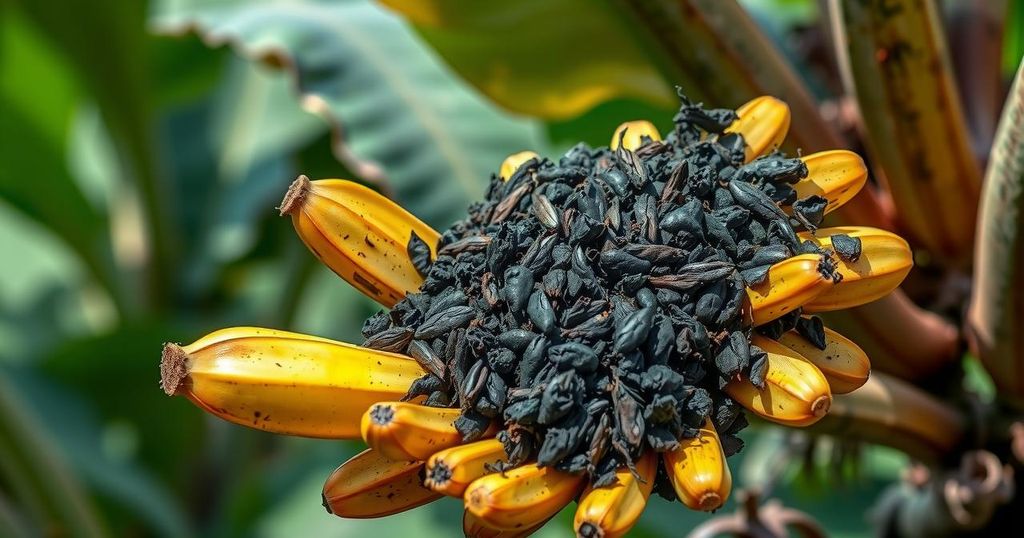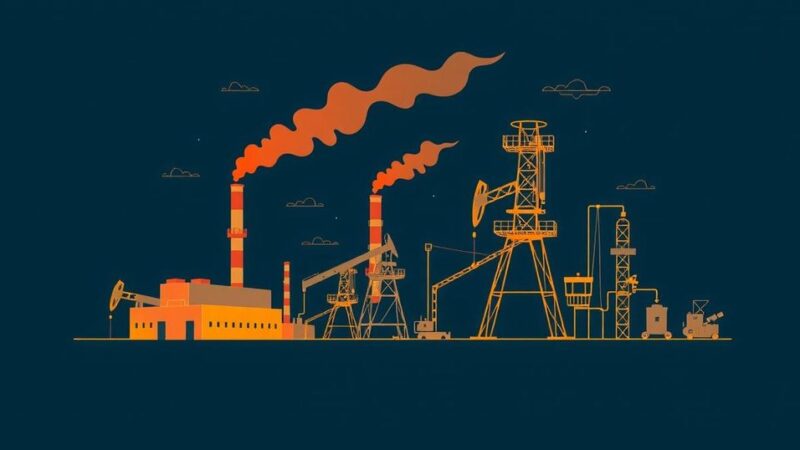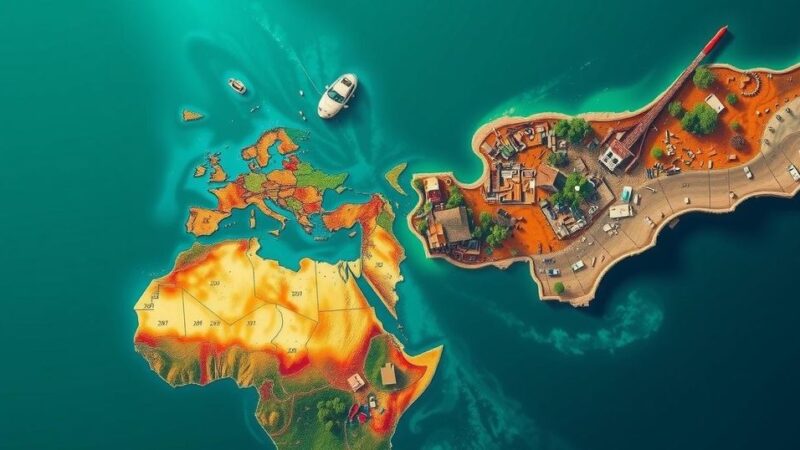Steve Djeutchou is transforming banana peels into biochar in Cameroon, addressing the environmental crisis of charcoal production. Despite producing three tons monthly, Djeutchou’s expansion is limited by resources. His initiative includes training individuals in renewable energy practices, aiming to foster sustainability and reduce deforestation, which has devastated over 700,000 hectares of forest in recent years.
In Cameroon, the pressing environmental challenge posed by charcoal production is being addressed innovatively by Steve Djeutchou, an environmental engineer. Djeutchou has pioneered a project that converts organic waste, particularly banana peels, into biochar, a sustainable alternative to traditional charcoal. Despite producing approximately three tons per month, Djeutchou acknowledges that current resources impede the scalability of his operations. He estimates that Yaoundé could yield approximately 40 metric tons of biomass daily, underscoring significant potential for environmental impact.
Djeutchou’s initiative began in 2020, driven by the alarming deforestation statistics; from 2002 to 2020, Cameroon lost over 700,000 hectares of forest primarily due to charcoal production. The biochar produced not only offers a more environmentally friendly fuel alternative but also contributes to reducing harmful emissions. For instance, one local consumer, Cindy, highlights the economic and health benefits of using biochar, noting that it is less expensive and generates less smoke than traditional charcoal.
Beyond production, Djeutchou’s commitment extends to education. He has established a training school focused on renewable energy and waste recovery, ensuring that future generations acquire the skills necessary for sustainable practices. His courses cover various topics, including biomass conversion and household waste management. In just four years, the school has trained approximately 400 individuals, enhancing local expertise in renewable energy and fostering a culture of sustainability in Cameroon.
The article discusses the significant challenges of deforestation in Cameroon caused by the high volume of charcoal production. With the country experiencing extensive forest loss, various innovative solutions are being sought to mitigate environmental impacts. One such solution is the conversion of organic waste into biochar, which presents an alternative to conventional charcoal by using readily available agricultural byproducts, thereby promoting sustainability and reducing reliance on forest resources. Steve Djeutchou’s initiatives not only focus on biochar production but also encompass education and community awareness around renewable energy and sustainable practices.
The innovative project by Steve Djeutchou represents a crucial step towards addressing the dual challenges of deforestation and waste management in Cameroon. By harnessing organic waste to produce biochar, he provides a sustainable energy solution that benefits the environment and local communities economically. Furthermore, his educational efforts aim to empower individuals with the knowledge and skills required to promote renewable energy solutions at a grassroots level. As more individuals become involved in these sustainable practices, the potential for positive environmental change increases significantly, positioning Cameroon on a path toward greater ecological resilience.
Original Source: news.mongabay.com






